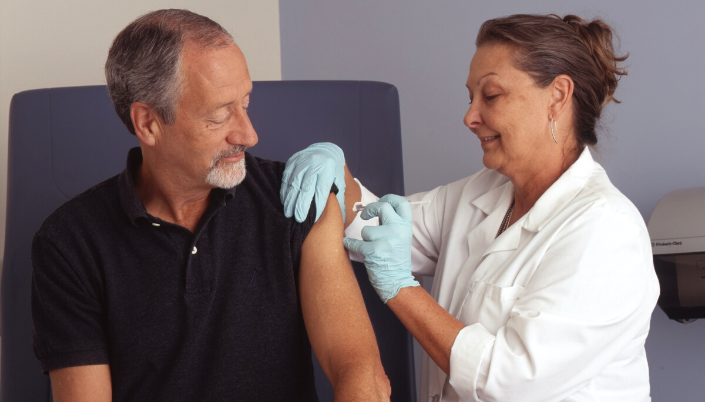

Hospitals and Healthcare in the Netherlands
03 Jul 2014 by Olga Brighton
The Netherlands healthcare insurance system implemented in 2006 legally requires all residents in the country to have at least a basic health insurance policy regardless of their nationality, the only exception those with a student permit or a temporary residence permit. For people staying in the country on a temporary basis or foreign students, you’ll still need some kind of health insurance.
Specialists and General Practitioners

General practitioners (huisarts) provide the primary healthcare and anywhere you are in the country you should be able to avail of a GP from the Internet, town hall, yellow pages or by getting a recommendation from friends. Once you find one you’ll have to register with the GP, and given the number of family doctors available, finding one nearby should not be a problem.
Hospitals and Medical Facilities
The Netherlands boast of a number of hospitals providing exceptional medical care including 8 university hospitals and several more under the auspices of religious groups or the community. In the past, all hospitals in the Netherlands offered the same range of services, but now the government is encouraging more specialised treatments to be made available. While most of the hospitals in the country offer excellent care, those medical facilities run by universities are the most advanced as the most up to date research is done there.
Regardless which hospital you visit, the first time you do so you’ll be asked to fill up a questionnaire concerning your health history and lifestyle. The information you provide will be registered in the hospital’s database and a hospital registration card will be given to you. Don’t lose this card since you’ll need to show that each time you go to the hospital.
Read also: These Tulip Fields in the Netherlands Are Where You Should Enjoy Spring
If your condition is serious or needs surgery, the specialist will refer you to the emergency section or recommend hospitalisation outright. The majority of accommodation in hospitals is shared with up to half a dozen patients and in some cases of mixed genders. Beds have phone lines and TVs, but there is an extra charge for that.
Patients, under the law, must have their own nightwear and other personal needs if staying for an extended period in a hospital. Every hospital in the Netherlands also has children’s wards.
Pregnancy

About 30% of babies are born at home in the Netherlands, and the reason is many people in the country believe that pregnancy is not an illness and medical intervention is not necessary unless there is a health complication. Not only are many babies born at home, but most women don’t even use pain relievers when in labour. Regardless of where the child is born however, medical and health insurance provides cover for it.
While the Netherlands has a very sound healthcare system in place, it’s recommended that you get travel insurance for the Netherlands to avoid complications. Not only does travel insurance for the Netherlands cover the basics, but many of them also have some sort of medical cover to complement what the country will offer tourists and visitors.
We accept
